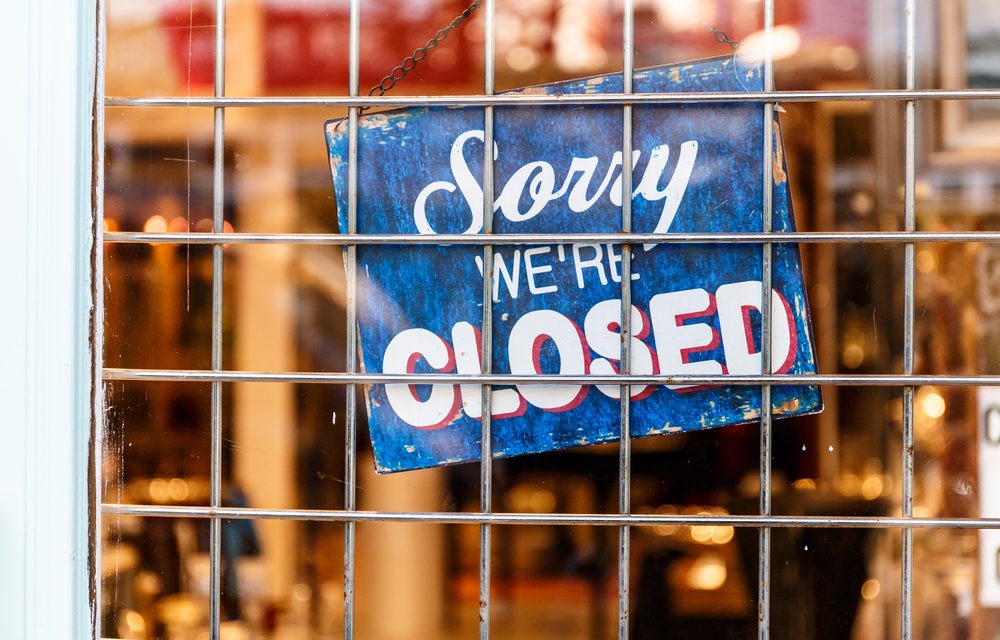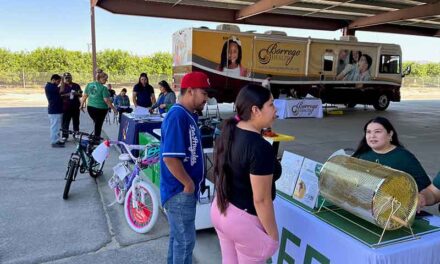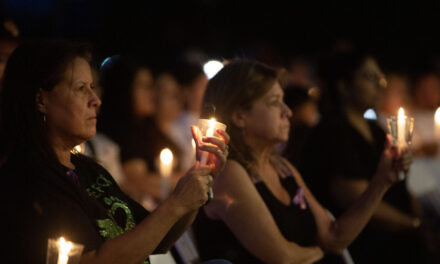As expected, Gov. Gavin Newsom on Wednesday ordered stricter restrictions for much of the state, requiring 19 counties experiencing increased spread of coronavirus to stop outings to indoor restaurants, wineries and tasting rooms, entertainment centers, movie theaters, zoos, museums and card rooms.
The governor is imposing the restrictions on indoor activities in advance of the July 4 holiday weekend, when officials fear disaster if Californians continue to ignore safety guidelines and businesses remain open in areas already experiencing significant spikes in COVID-19 infections. Newsom is also recommending the cancellation of all fireworks shows on the Fourth of July in the affected counties, and is urging all Californians to rethink having large get-togethers with friends and neighbors to celebrate the holiday.
“This doesn’t mean restaurants are shut down,” Newsom said. “It means that we’re trying to take the activities, as many activities as we can — these mixed activities, these concentrated activities — and move them outdoors, which is a way of mitigating the spread of this virus.”
Newsom said his order closes indoor activities in Contra Costa, Fresno, Glenn, Imperial, Kern, Kings, Los Angeles, Merced, Orange, Riverside, Sacramento, San Bernardino, San Joaquin, Santa Barbara, Santa Clara, Solano, Stanislaus, Tulare and Ventura counties.
The change marks a step backward in the state’s reopening process that began in early May and quickly progressed by June 12 to allow retail stores, dine-in restaurants, bars, religious services, card rooms, hair and nail salons, gyms and other businesses to open again with modifications in counties that met state guidelines.
State officials have long anticipated that reopening would lead to an increase in cases and risk of more deaths. Newsom began sounding the alarm about growing spread of the virus on June 18 by requiring Californians to wear masks in public and high-risk settings. But the state forged ahead with the reopening process and allowed personal care services in one of the highest-risk sectors, such as nail salons, massage parlors, tattoo shops and waxing services, to resume in counties the next day.
The state took action on Sunday to step back from reopening for the first time when it demanded a limited closure of bars in seven counties that are experiencing prolonged increases in virus transmission.
Under new standards to reverse reopening at the local level, a county is flagged and placed on the state’s watch list if it reports an elevated transmission of the disease, defined as two-week average of more than 100 cases per 100,000 residents, or more than 25 cases per 100,000 residents and a weekly average positivity rate of at least 8%. A hospitalization rate increase of an average of more than 10% over three days, or a drop in hospital capacity to fewer than 20% of beds or fewer than 25% of ventilators available could also result in a county landing on the watch list.
The state is providing outreach to counties experiencing trouble. State guidance says such counties should consider adopting parts of the stay-at-home order again if they fail to make progress on containing the disease or lowering hospitalizations, or the state public health officer may take action to do so for them.
Newsom has threatened to cut state funding targeting the coronavirus in counties that openly ignore the state’s mandates to stem the spread of COVID-19.
He also has said both state and local regulatory agencies could be called upon to “exercise a little bit of persuasion.” On the state level, that could include the Division of Occupational Safety and Health, which enforces workplace safety requirements, and the Department of Alcoholic Beverage Control, which regulates the sale of alcohol in bars and restaurants.
Imperial County in the southeast corner of California remains one of the state’s hardest hit areas. Last week, nearly one of every four people tested in Imperial County has been positive for the coronavirus over a 14-day period, far above the statewide average of one in every 20 residents.
The governor’s mask order has faced backlash in some parts of the state almost immediately. Sheriffs in Orange, Riverside, Fresno and Sacramento counties, among others, said they would not enforce the Newsom administration’s mask order despite the fact that violating the mandate is a misdemeanor and could financial penalties.
Image Sources
- Sorry We’re Closed: Shutterstock







